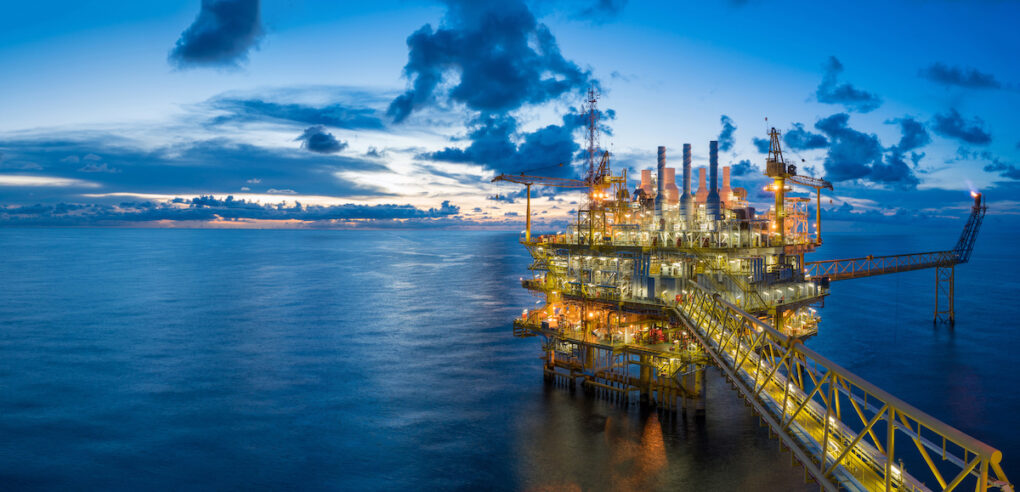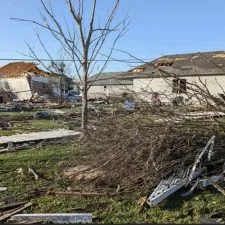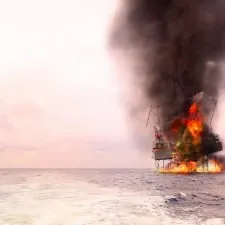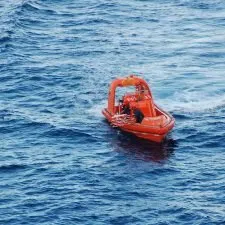
An offshore job represents a great prospect of making a living. However, the job isn’t easy and many potential risks arise from having an offshore job. Many offshore workers are often subjected to harsh and extreme conditions, which, although form part of the job, exposes them to a high risk of injury. Making matters worse, oftentimes employers cut corners with safety that can pose grave dangers for offshore workers.
In-depth data from the Bureau of Labor Statistics suggests that oil rig workers have a higher risk of non-fatal injuries than those employed in other professions– indicating how dangerous it is for workers to operate here.
The following is a breakdown of multiple factors that make oil rigs more dangerous than other industries.
What Makes it Dangerous to Work on an Oil Rig?
Multiple activities take place in the day-to-day operation of an oil rig. As such, various factors come into play to make the drilling operations offshore extremely dangerous. To put this into perspective, the following are some of the reasons that make oil rigs potentially hazardous for workers:
Hazardous Machinery and Equipment
Offshore oil rigs operate using heavy machinery and equipment. Workers are typically required to have proper knowledge and skills to operate the equipment properly. In addition, regular maintenance of the equipment is also an important safety measure.
However, there are often breaches of the regulations. Some workers are simply not trained and unskilled with the use of offshore machinery and equipment- leading to accidents. In fact, contact with heavy machinery accounts for approximately 16 percent of fatalities in oil rigs.
Fires and Explosions
Combustion is another concerning factor that makes it dangerous to work on oil rigs. The main concern is the fact that workers conduct their operations in the presence of highly flammable materials.
Explosions can occur as a result of pressure build-up when the flammable materials mix with other chemicals. Although these incidents are rare, the CDC suggests that such explosions accounted for 15 percent of oil rig deaths in 2006.
Fatigue
Another factor to blame for the number of accidents on oil rigs is fatigue. Working on an oil rig requires a lot of energy given the grueling schedule that workers go through to complete their hitches. In fact, the Bureau of Labor Statistics suggests that workers on an oil rig work as many as 12 hours a day for as long as two weeks without a day off.
This amount of work leaves the workers worn out, making them vulnerable to accidents within the workplace. If employers fail to account for worker fatigue, it can lead to disastrous consequences.
Transport-Related Accidents
Offshore operations involve a lot of transportation. Usually, boats and helicopters are used to supply equipment to and from an oil rig. However, impeding factors such as poorly maintained vessels and choppers and hazardous weather conditions can lead to accidents.
Limited Access to Emergency Services
The fact that oil rigs are potentially dangerous to the workers means that they need prompt emergency personnel within reach if a severe accident occurs. However, that does not always happen.
The operation of the oil rigs takes place miles from the shore. Therefore, it becomes difficult for any emergency response unit to respond quickly after an accident. As a result, if companies do not plan for the possibility of medical emergencies, accidents can lead to disastrous consequences.
Injured in an oil rig accident? Contact An Offshore Attorney
Injuries sustained while working in an oil rig can be catastrophic. In some cases, the victims suffer from a debilitating condition that may limit them for the rest of their lives.
If you’ve been injured in an offshore accident, then it is within your right to seek compensation. Under Maritime law, workers injured in an oil rig accident can file a claim and recover compensation for their losses.
Hiring a competent and qualified offshore accident attorney is imperative because an attorney will:
- Gather all the relevant evidence
- Help you understand your rights about all the applicable laws
- Negotiate on your behalf
- Establish liability in cases of negligence
At The Mahone Firm, we seek to help victims of an oil rig accident obtain the right amount of compensation they deserve. Offshore injury lawyer and sole-practitioner of The Mahone Firm, Mike Mahone, has the experience and skills to help you navigate the process.
Contact Mike today at (504) 564-7342 for a free case evaluation.






